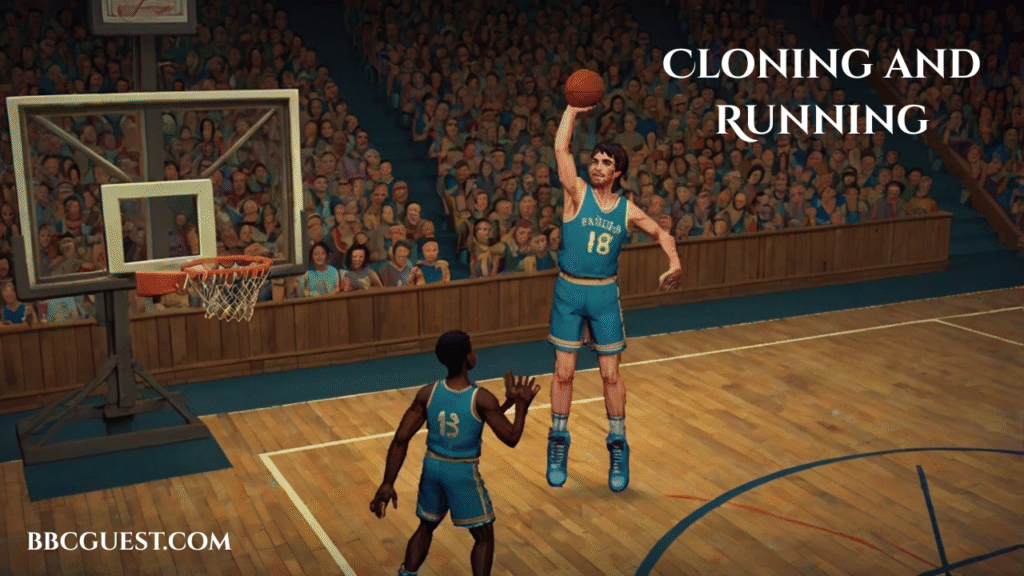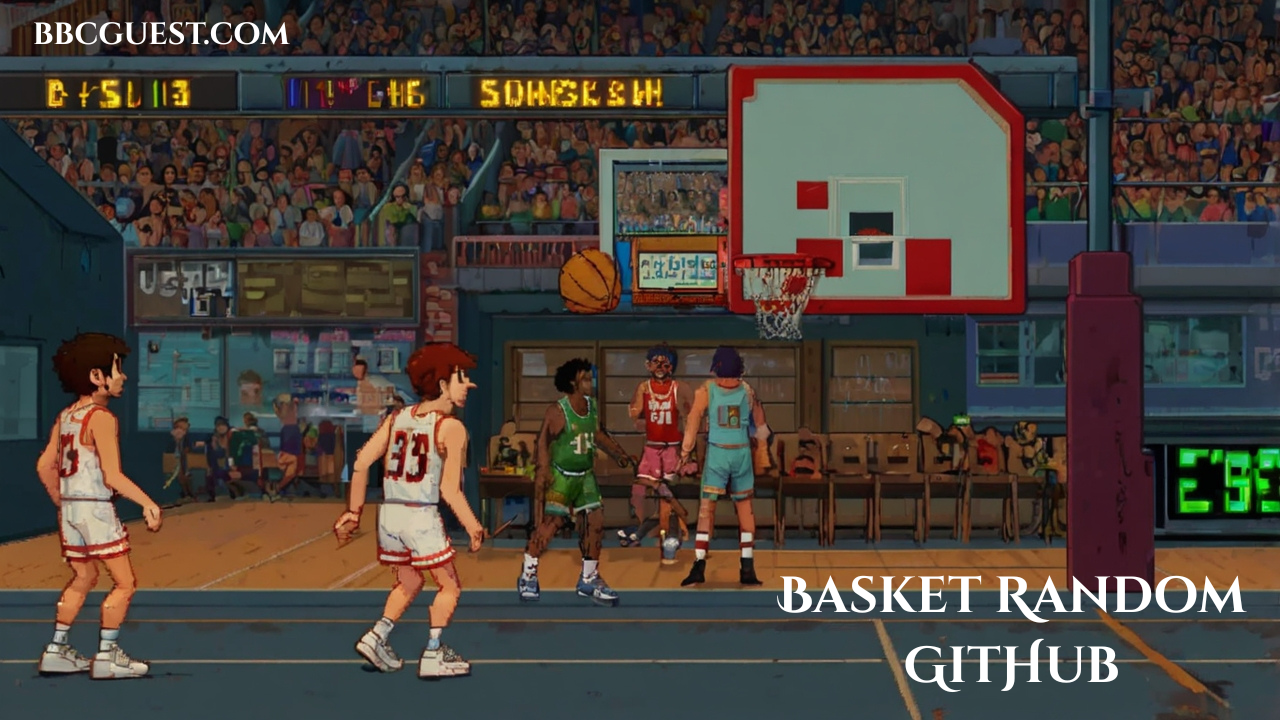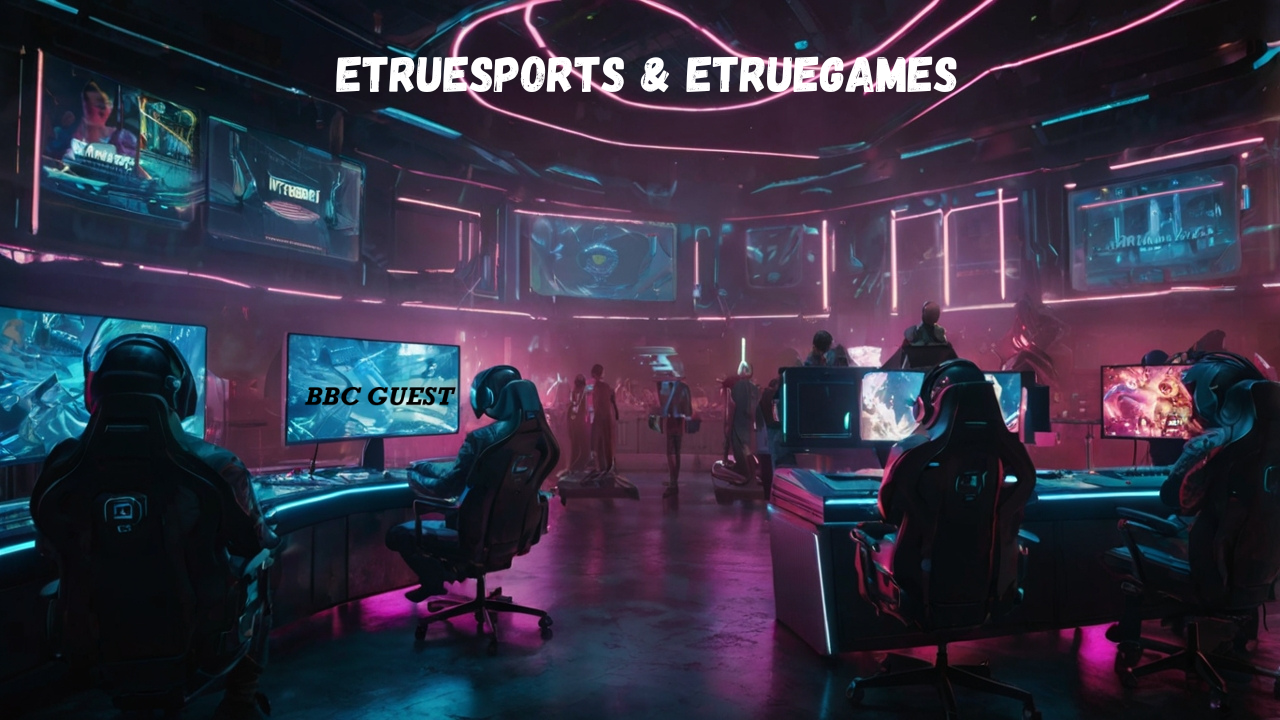Basket Random is a wildly addictive and chaotic basketball game that has captured the attention of casual gamers and indie developers alike. With its unpredictable physics and minimalistic style, this two-player game has built a cult following across web platforms. But for those looking to take things a step further—whether to modify the gameplay, explore source code, or contribute enhancements—Basket Random on GitHub is the key to unlocking its full potential.
In this detailed guide, we dive deep into the GitHub repositories, development tools, modding techniques, and open-source opportunities related to Basket Random. If you’re a developer, gamer, or contributor looking for a complete breakdown of what’s available and how to get started, this article is for you.
What is Basket Random?
Basket Random is a 2D basketball arcade game developed by RHM Interactive. It features two ragdoll characters controlled by players (or AI), engaging in comically unbalanced basketball matches. The charm lies in its randomness—gravity, controls, and even player animations can shift with each round.
Key Features
- One-button gameplay that enhances accessibility.
- Local multiplayer mode, perfect for shared keyboards.
- Randomized physics for unpredictable action.
- Pixelated graphics with a retro vibe.
While the original game is typically played in browsers or via mobile platforms, the developer community has made strides in porting, cloning, and enhancing the game on GitHub.
Finding Basket Random on GitHub
GitHub hosts several repositories inspired by the original Basket Random game. These versions range from basic HTML5 recreations to fully enhanced clones built with advanced game engines like Unity or Godot.
Popular Repositories
- HTML5/JavaScript Clones – These are open-source versions coded in vanilla JS or with libraries like p5.js or Phaser.js, ideal for learning basic game dev.
- Unity Projects – Offer more advanced physics and graphics. These are suitable for full-fledged game development and modding.
- Godot Engine Versions – Provide open and lightweight alternatives for developers interested in a free and fully open-source game engine.
A simple GitHub search for “Basket Random” yields multiple repositories, often titled like:
basket-random-clonebasket-random-unityragdoll-basketball-gamebasketball-random-ai
Cloning and Running Basket Random Locally

Run and Play
Once dependencies are installed, the game can be launched in the browser or within the development environment.
Modding Basket Random
One of the most exciting aspects of accessing Basket Random via GitHub is the potential to mod the game. Developers have modified:
- Character sprites
- Physics behavior
- Game speed
- AI logic
- Multiplayer enhancements
How to Create Your Own Mod
- Fork the repository to your own GitHub account.
- Navigate to asset or script folders.
- Replace or rewrite JavaScript or Unity scripts.
- Test and push changes back to your repo.
You can even host your version on GitHub Pages, allowing others to play your custom version directly in their browsers.
Using GitHub to Collaborate and Improve
GitHub enables collaborative development. Whether you’re fixing bugs, adding features, or improving UI, you can submit pull requests, open issues, or even start a Wiki for documentation.
Top Contributions Include
- Adding background music and sound effects
- Implementing leaderboard systems
- Porting to mobile devices
- Enhancing AI for single-player mode
Being part of the Basket Random developer community not only improves the game but helps you grow as a developer.
Basket Random Clones vs. Original
While the original game remains closed-source, clones on GitHub offer full transparency. Developers are free to:
- Analyze game mechanics
- Learn about ragdoll physics
- Build similar games from scratch
These open-source versions often include clean, well-documented code, making it easier for beginners to study the game development lifecycle.
Basket Random in Game Jams and Education
Thanks to its simplicity and viral fun, Basket Random clones are frequently used in:
- Game Jams – Ideal for 48-hour development sprints.
- Coding Bootcamps – To teach event handling and physics in games.
- School Projects – Great example of how randomness can drive engagement.
Educators and mentors often recommend it as a beginner-friendly project to learn HTML5 game development.
How to Publish Your Basket Random Fork
Once you’ve created your own version, it’s time to show it off:
- Use GitHub Pages to publish your browser version.
- Export builds for Android or iOS using Unity or Godot.
- Share your fork in developer communities and forums.
- Submit to sites like itch.io or Newgrounds.
Conclusion
Basket Random has proven to be more than just a chaotic sports game—it’s a launching pad for creativity and technical learning. The open-source versions available on GitHub empower developers to modify, enhance, and reimagine the gameplay. Whether you’re coding your first game or looking to contribute to a community project, Basket Random offers a fun and educational path.
Also Read: DD Osama Age – The Full Story Behind the Rising Star’s Youth



